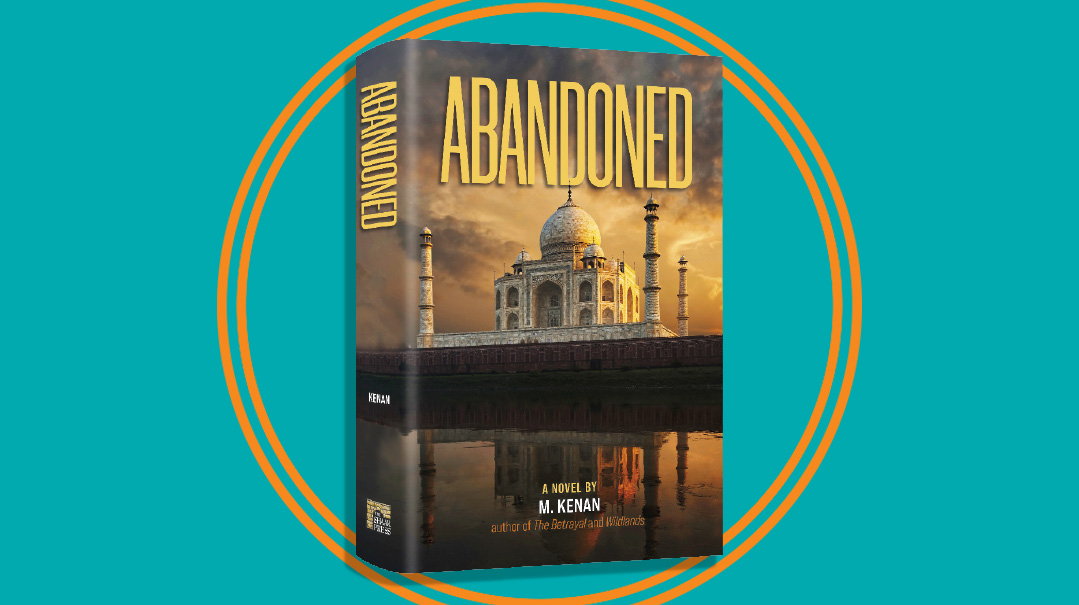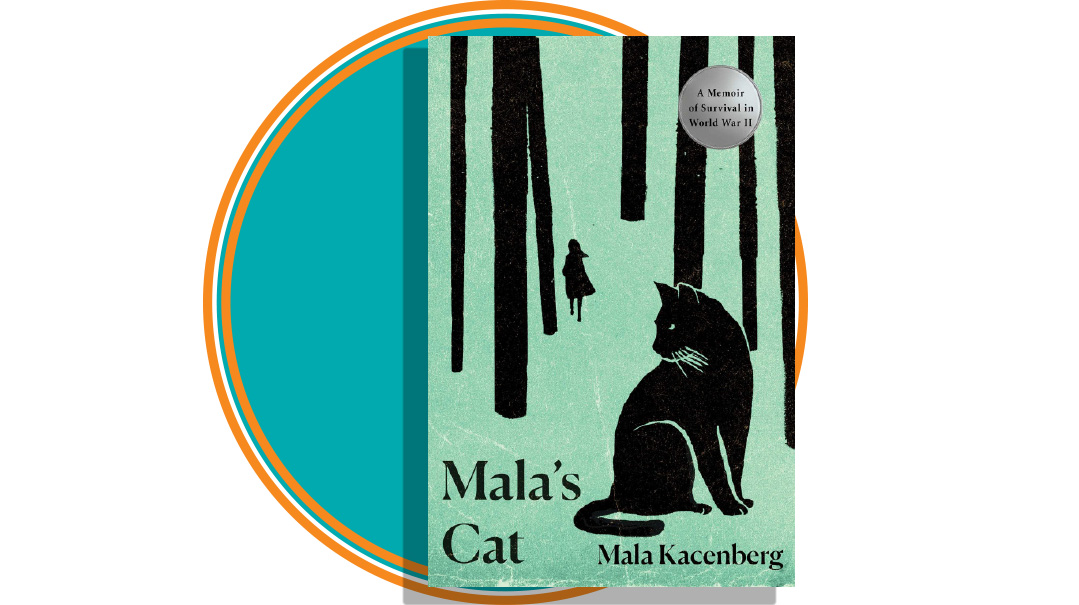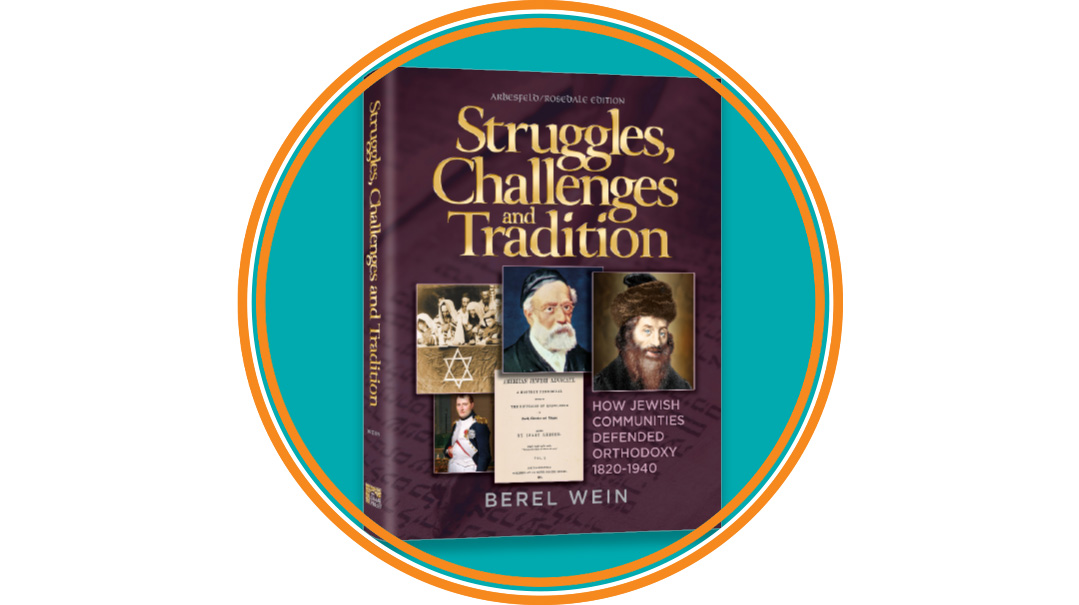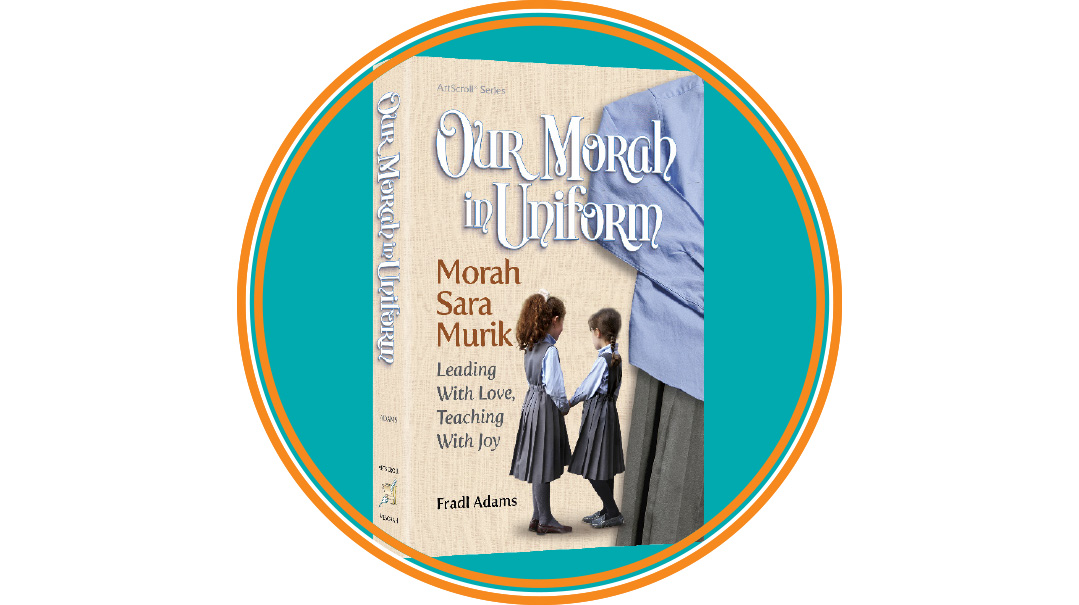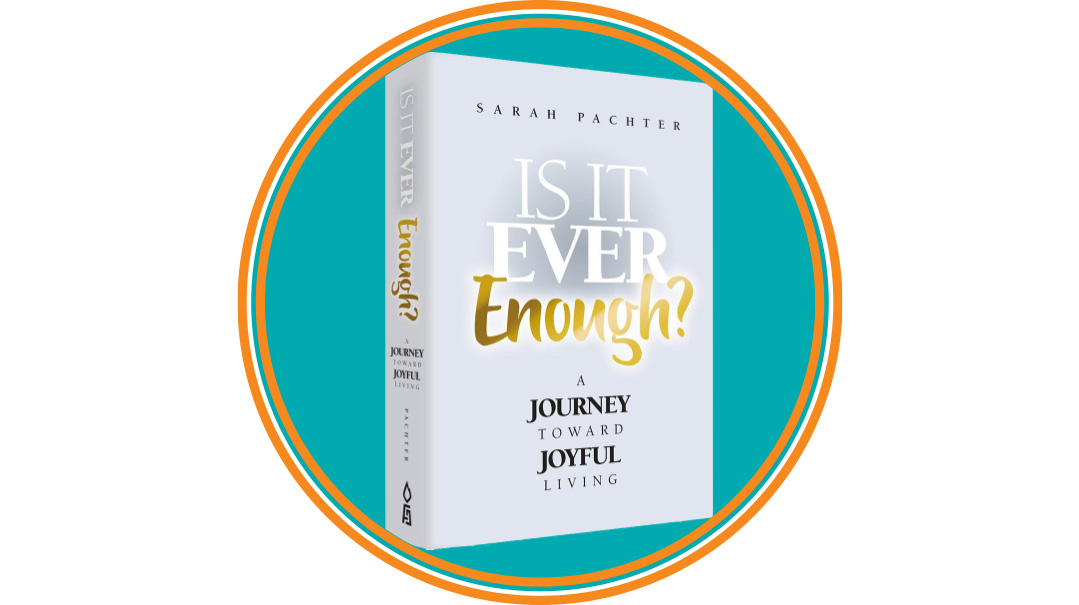The Impact of As long as I Live
| December 9, 2020Rav Aharon Margalit shares the stories of people who dropped the excuses and said "I can"
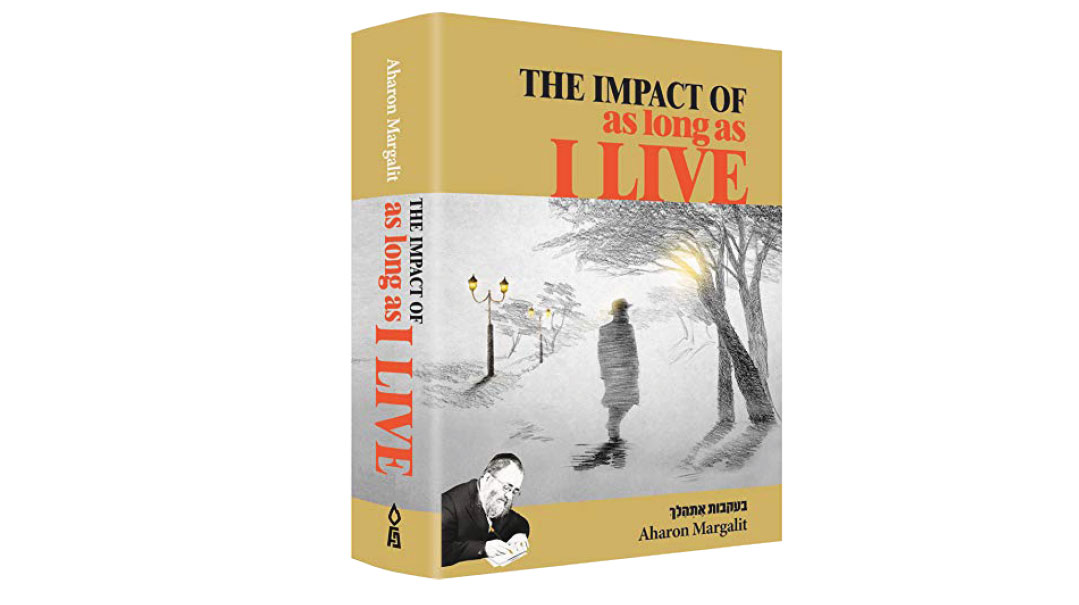
Book: The Impact of as long as I Live
Author: Rabbi Aharon Margalit
Publisher: Feldheim
How this book was born
This book was born amid the tsunami of reactions to my autobiography, As Long as I Live. I got feedback from readers all over the world, but there was one response I received over and over again that really bothered me.
Instead of readers becoming inspired and thinking, “I can try this too,” some readers’ reaction to my life story was, “You dealt with your difficulties like this because you have really special qualities. Your parents were incredible people. And you had special kochos and amazing inner resources.” They were implying that the story didn’t obligate regular people to seek ways to overcome their challenges.
This upset me. My parents were indeed special people, but they were ordinary human beings who became such through their efforts.
And I? I was a child who dealt with all the regular human emotions. I felt loneliness, abandonment, anger against my parents and my lot in life. As a small child left suffering alone on a shelf in a sanatorium, I wasn’t “special.” In this new book, I tell the incredible stories of regular individuals who said “I can.”
The soul of the book
The heroes of this book — all of them real people whom I met through my counseling — dealt with immense challenges: anger, illness, family feuds, and the like. They overcame them by looking inward, by creating a new reality through their own mindset.
Can we claim that they’re all special and privileged folks with preferential life circumstances? Definitely not. One man lost his parents and his only sister during his childhood and was left alone in this world, then went through a divorce. A teenager was immobilised by muscular dystrophy. A wife dealt with circumstances that unavoidably took considerable amounts of her husband’s energies away from the family. A son was left out of his father’s will.
They’re normal, flesh-and-blood people, who for some reason were chosen to live hard lives. But they prevailed. They left all excuses behind, and chose life. I’d like readers to do the same.
The hardest part to write
The hardest part was writing about the deep upset I felt toward my parents when I was left alone in the sanatorium, with only weekly visits. When I wrote my first book, my parents were still alive, so I didn’t mention that. But here, I felt it important that people understand that I wasn’t born with a silver spoon in my mouth.
It’s too easy to blame our parents for our difficulties in life, but I wanted people to know that they can release themselves from this mindset and go forward.
Hashem gives each of us all the tools we need — there are no mistakes in the hand we’ve been dealt, and we’re capable of making the best of our lives. This book is dedicated to my mother, who fought like a lioness for my future when doctors told her that I wouldn’t live, much less move or function.
Oops! We could not locate your form.








